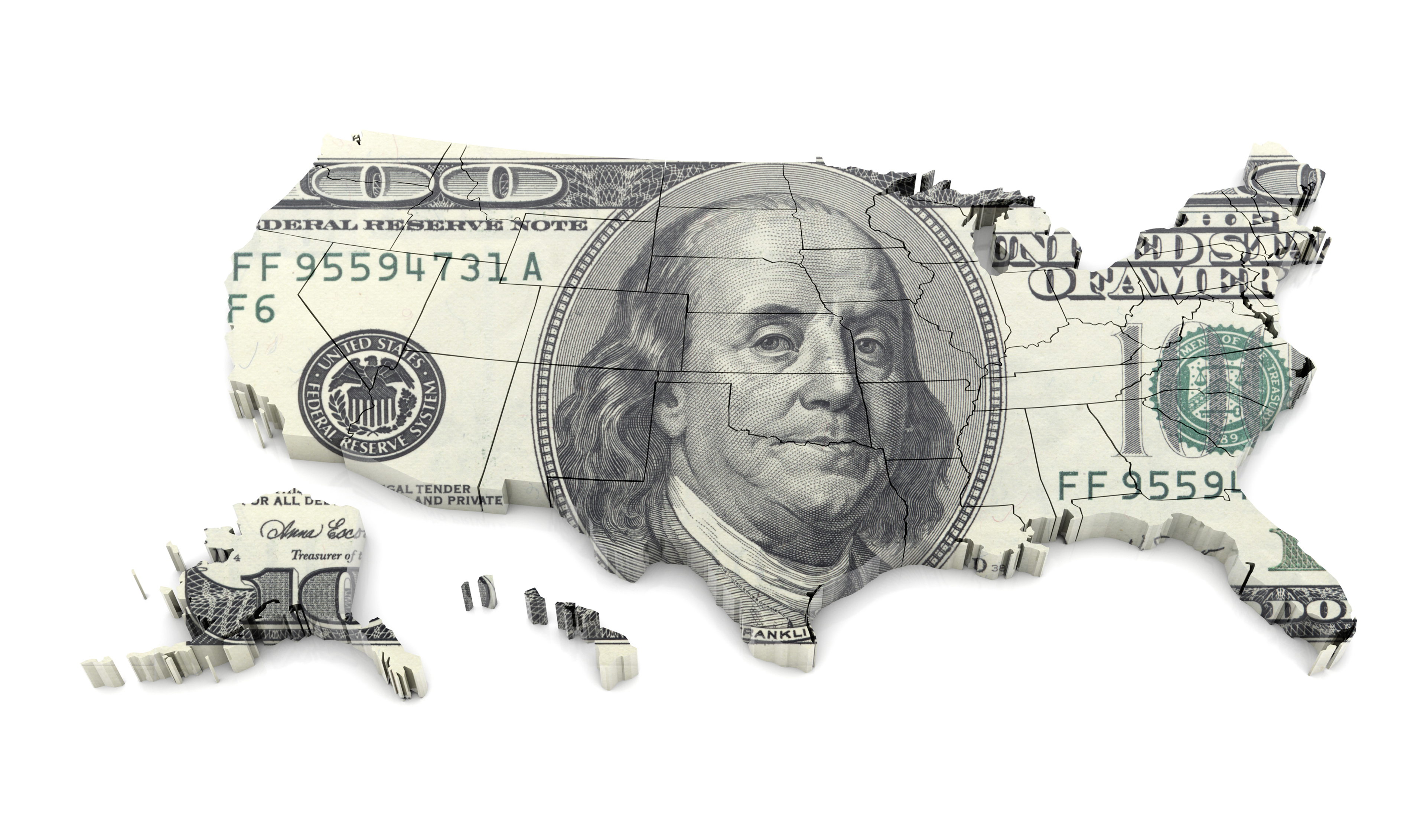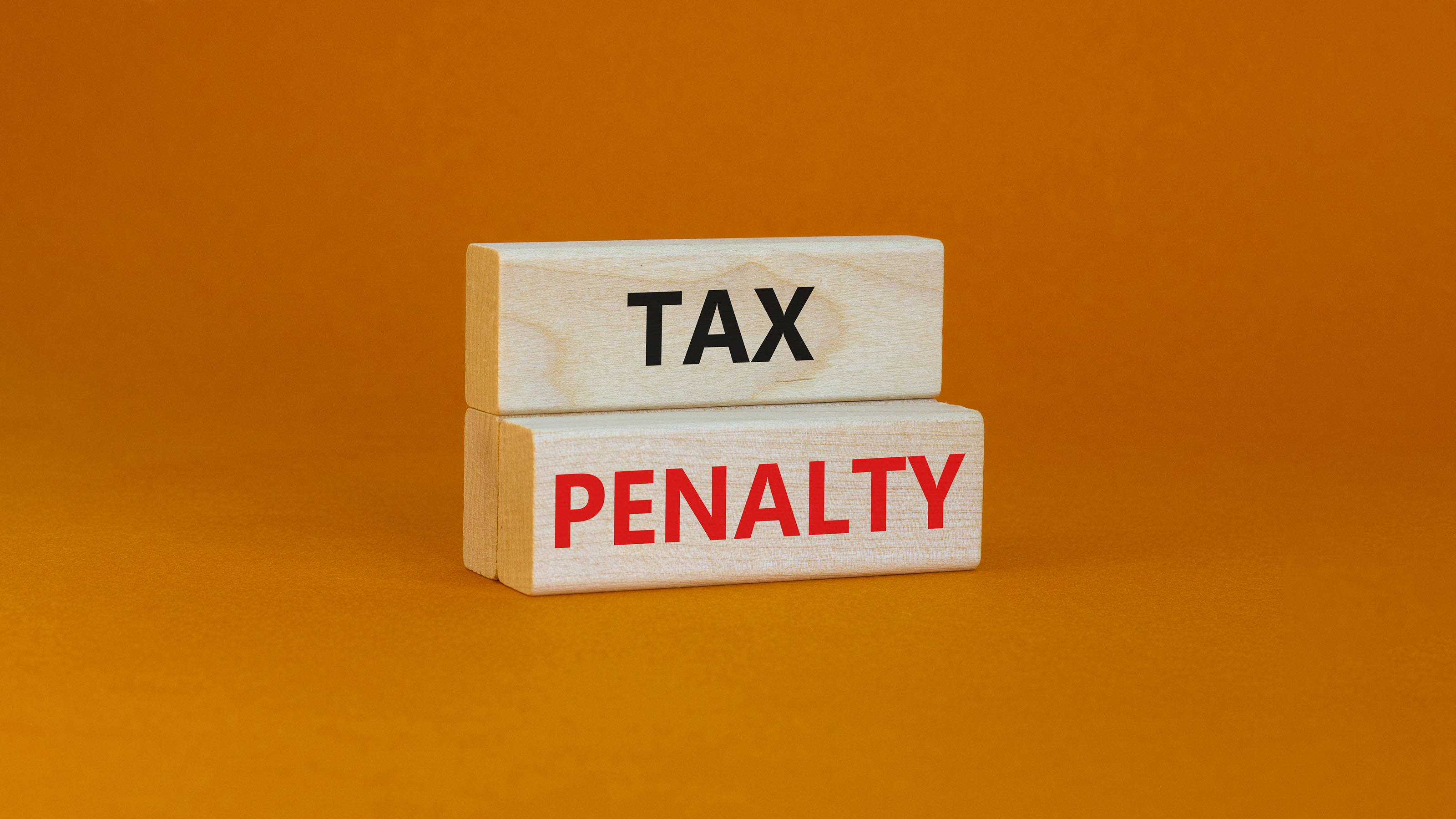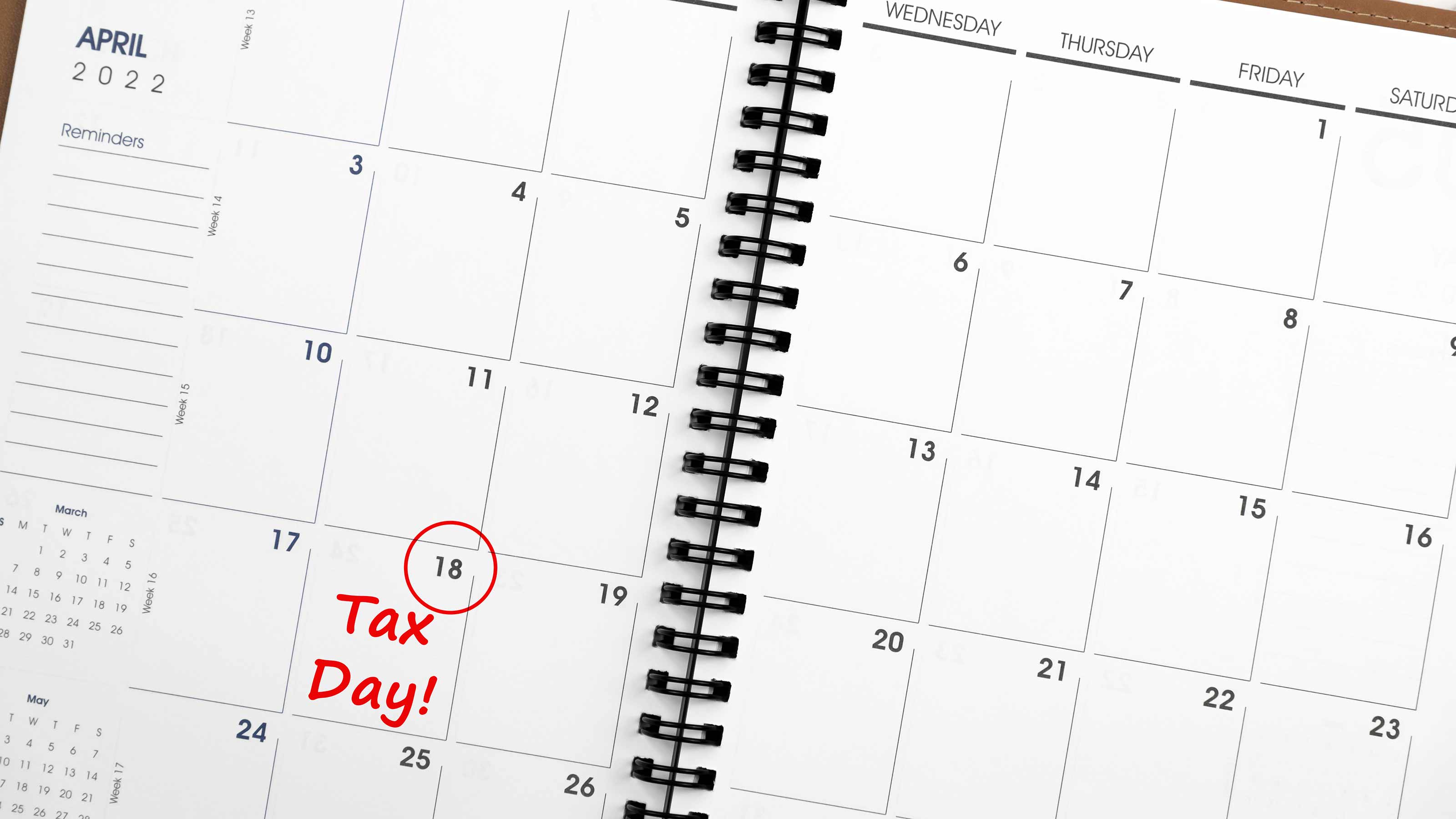4 Questions to Ask Your Accountant Before You File Your Taxes
You don’t know what you don’t know, so get the most out of tax time by asking the right questions. The answers could help you save this year and in the future.


Profit and prosper with the best of Kiplinger's advice on investing, taxes, retirement, personal finance and much more. Delivered daily. Enter your email in the box and click Sign Me Up.
You are now subscribed
Your newsletter sign-up was successful
Want to add more newsletters?

Delivered daily
Kiplinger Today
Profit and prosper with the best of Kiplinger's advice on investing, taxes, retirement, personal finance and much more delivered daily. Smart money moves start here.

Sent five days a week
Kiplinger A Step Ahead
Get practical help to make better financial decisions in your everyday life, from spending to savings on top deals.

Delivered daily
Kiplinger Closing Bell
Get today's biggest financial and investing headlines delivered to your inbox every day the U.S. stock market is open.

Sent twice a week
Kiplinger Adviser Intel
Financial pros across the country share best practices and fresh tactics to preserve and grow your wealth.

Delivered weekly
Kiplinger Tax Tips
Trim your federal and state tax bills with practical tax-planning and tax-cutting strategies.

Sent twice a week
Kiplinger Retirement Tips
Your twice-a-week guide to planning and enjoying a financially secure and richly rewarding retirement

Sent bimonthly.
Kiplinger Adviser Angle
Insights for advisers, wealth managers and other financial professionals.

Sent twice a week
Kiplinger Investing Weekly
Your twice-a-week roundup of promising stocks, funds, companies and industries you should consider, ones you should avoid, and why.

Sent weekly for six weeks
Kiplinger Invest for Retirement
Your step-by-step six-part series on how to invest for retirement, from devising a successful strategy to exactly which investments to choose.
Your accountant can be one of the most critical members of your financial team. The main reason is obvious: No matter who you are, how much money you have or what goals you hope to accomplish, everyone pays taxes.
At a minimum, a CPA can ensure you file your taxes the right way every year so you avoid penalties and fines. But a good CPA should also be able to help you minimize what you owe, take advantage of opportunities to claim credits you’re entitled to, and even help evaluate how the other professionals on your financial team are performing.
But even the best accountant can’t read your mind — which is why to fully utilize how much they can help, you need to know the right areas in which to request their help.
When you send in your tax packet to your accountant this year, make sure to ask these questions to get the most value from your relationship.
Written by Paul V. Sydlansky, founder of Lake Road Advisors. He has worked in the financial services industry for over 20 years. Paul is a CERTIFIED FINANCIAL PLANNER™ and a member of the National Association of Personal Financial Advisors (NAPFA) and the XY Planning Network (XYPN). In 2018 he was named to Investopedia's Top 100 Financial Advisors list.

How Do My Investment Fees Stack Up?
Accountants see a huge variety of investment types and accounts. That makes them uniquely positioned to offer you a view into what they are seeing in terms of fees and tax-appropriate investments across all of their clients.
Making sure the fees your adviser charges are in line with the industry standard can provide some peace of mind that you’re not overpaying for advice — especially considering such fees are no longer deductible under the Tax Cuts and Jobs Act.
If you want to learn more about how your fees compare and how overpaying destroys your ability to build long-term wealth, click here and then on our resources page for our free infographic “How Fees Erode Your Wealth.”

Am I Paying Unnecessary Taxes from Distributions?
Conceptually, mutual funds and ETFs (exchange-traded funds) are very similar in that they are both baskets of securities designed to offer diversification and exposure to many different types of investments through one product. One of the main reasons I believe in using ETF’s instead of mutual funds is because of the tax advantage nature of their structure.
Generally, a mutual fund makes a capital gains distribution at the end of each year. The distribution represents the proceeds of the sale of stock or other assets by the fund's managers throughout the course of the tax year. In contrast, ETFs rarely distribute capital gains because of their underlying structure.
With mutual funds, you have zero control over this — but you’re still responsible for paying the taxes that could be generated by realizing long-term capital gains. Mutual funds also pay out income earned, which can cause tax bills in a year you don’t sell any of your mutual fund holdings.
Even in a year where you have an unrealized loss (which could happen if the market, in general, goes down), you may still owe taxes on the realized gains that your mutual fund took.
Ask your accountant if you’re paying unnecessary taxes because of your mutual funds. If so, you may want to consider allocating more of the funds in your portfolio to more tax-efficient ETFs.

Should I Accelerate or Defer My Taxable Income?
For the most part, there’s no getting out of paying taxes on money you earn. But you do have control over when you pay it.
The default for many people is usually to take advantage of tax-deferred vehicles first. They might max out 401(k)s or traditional IRAs in order to reduce their taxable income today.
But you don’t want to throw all your tax burden into your future. Your accountant can help you look at your current tax bracket and where you may fall in the future, and help you balance out how much in taxes you pay now versus what you’ll be obligated to pay later.

What Else Can I Do to Reduce What I Owe? Or, What Changes Can I Make Now for Next Year?
If you usually owe taxes each year, it’s worth asking your accountant if there are any options for reducing how much you’re obligated to pay to the IRS.
A good CPA should be able to lay out specific actions you can take and evaluate if it makes sense to pursue certain strategies. They can also look at what changes may be coming, and if there’s anything you can proactively plan for in order to take advantage of tax savings in the future.
Your CPA may also be able to connect with your financial planner to analyze the options. Together, both professionals should have the full context of your financial situation, and would be able to recommend if there’s anything specific you can do (or plan to do in the coming year) to lower your tax bill.
Profit and prosper with the best of Kiplinger's advice on investing, taxes, retirement, personal finance and much more. Delivered daily. Enter your email in the box and click Sign Me Up.

Paul Sydlansky, founder of Lake Road Advisors LLC, has worked in the financial services industry for over 20 years. Prior to founding Lake Road Advisors, Paul worked as relationship manager for a Registered Investment Adviser. Previously, Paul worked at Morgan Stanley in New York City for 13 years. Paul is a CERTIFIED FINANCIAL PLANNER™ and a member of the National Association of Personal Financial Advisors (NAPFA) and the XY Planning Network (XYPN).
-
 Quiz: Do You Know How to Avoid the "Medigap Trap?"
Quiz: Do You Know How to Avoid the "Medigap Trap?"Quiz Test your basic knowledge of the "Medigap Trap" in our quick quiz.
-
 5 Top Tax-Efficient Mutual Funds for Smarter Investing
5 Top Tax-Efficient Mutual Funds for Smarter InvestingMutual funds are many things, but "tax-friendly" usually isn't one of them. These are the exceptions.
-
 AI Sparks Existential Crisis for Software Stocks
AI Sparks Existential Crisis for Software StocksThe Kiplinger Letter Fears that SaaS subscription software could be rendered obsolete by artificial intelligence make investors jittery.
-
 States That Tax Social Security Benefits in 2026
States That Tax Social Security Benefits in 2026Retirement Tax Not all retirees who live in states that tax Social Security benefits have to pay state income taxes. Will your benefits be taxed?
-
 Ten States with the Lowest Sales Tax in 2025
Ten States with the Lowest Sales Tax in 2025Sales Tax Living in one of the lowest sales tax states doesn't always mean you'll pay less.
-
 10 Least Tax-Friendly States for Middle-Class Families
10 Least Tax-Friendly States for Middle-Class FamiliesState Tax Here’s what living in one of the least tax-friendly states for middle-class families costs residents.
-
 Low-Tax States for 'Middle-Class' Families in 2026
Low-Tax States for 'Middle-Class' Families in 2026State Tax Here are the best states for families with middle incomes (due to low tax burdens).
-
 15 States That Tax Military Retirement Pay (and Other States That Don't)
15 States That Tax Military Retirement Pay (and Other States That Don't)retirement Taxes on military retirement pay vary from state-to-state. How generous is your state when it comes to helping retired veterans at tax time?
-
 5 Tax Deadlines for October 17
5 Tax Deadlines for October 17tax deadline Many taxpayers know that October 17 is the due date for filing an extended tax return, but there are other tax deadlines on this date.
-
 Penalties for Filing Your Tax Return Late
Penalties for Filing Your Tax Return Latetax deadline Stiff penalties await those who didn't file their return (or pay any tax owed) by the tax filing deadline.
-
 9 Tax Deadlines for April 18
9 Tax Deadlines for April 18tax deadline Between requesting a tax extension, making IRA or HSA contributions, and meeting other tax deadlines, there's more to do on Tax Day than just filing your federal income tax return.
